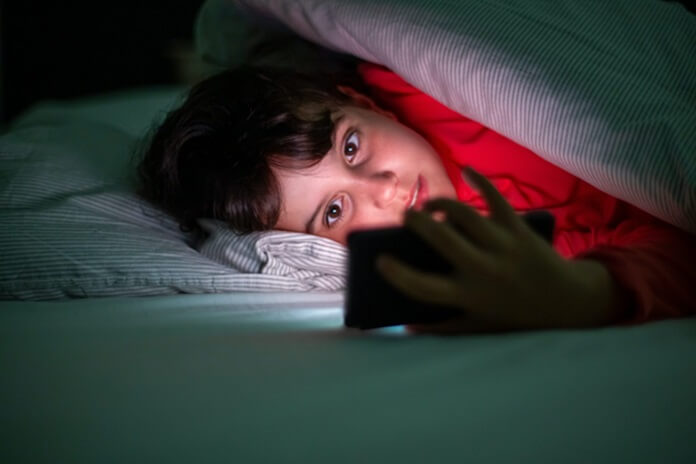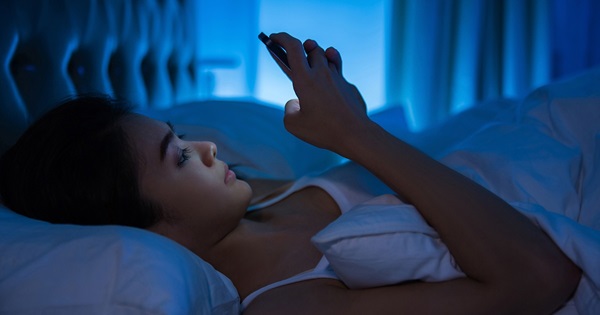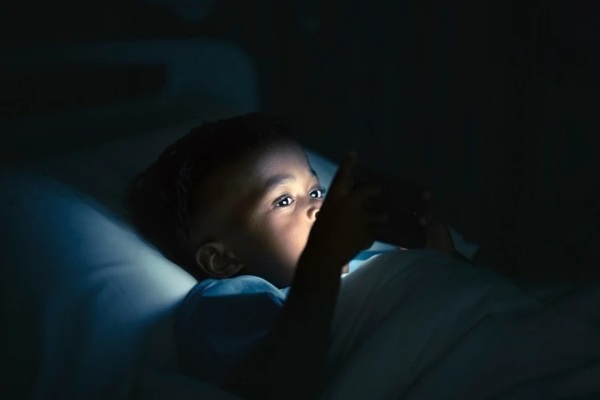Technology has become an integral part of our lives in today’s digital age. We have been constantly surrounded by several gadgets such as Smartphones, tablets, laptops, and TVs which keep us connected and entertained. However, amidst the convenience and innovation, there’s a growing concern about the impact of technology on our sleep patterns and overall well-being.
This article will discuss the complex relationship between technology and sleep, exploring how digital devices can disrupt our restful nights and offering practical strategies for navigating the digital world for better sleep.
Relationship Between Technology and Sleep
The relationship between technology and sleep is complex and multifaceted. Technology has introduced several innovations that can enhance sleep quality, such as sleep-tracking devices, white noise machines, smart mattresses, and relaxation apps. These tools have become beneficial for individuals to monitor their sleep patterns, create optimal sleep environments, and develop healthy bedtime routines.
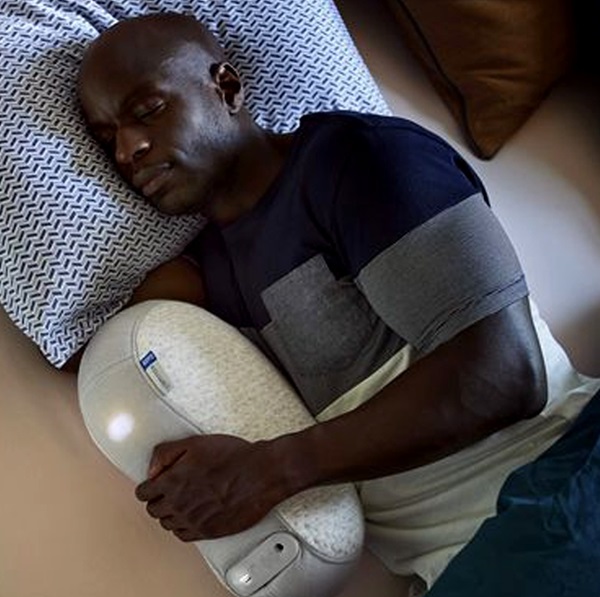
On the contrary, technology can also have negative effects on sleep. Excessive use of electronic devices like smartphones, tablets, and computers, before bedtime, can disrupt sleep patterns due to the emission of blue light, which suppresses the production of melatonin, a hormone that regulates sleep-wake cycles. Similarly, engaging in stimulating activities on electronic devices, such as playing video games or browsing social media, can make it difficult to fall asleep.
Moreover, the constant use of gadgets or connectivity facilitated by technology can lead to a blurring of boundaries between work and personal time, resulting in increased stress and sleep disturbances. Likewise, regular availability of information and entertainment can lead to sleep procrastination, where individuals stay up later than intended to engage in online activities.
Also read: Sleep Disorders Demystified: Common Conditions and Effective Treatments
Negative Impacts of Technology
The Sleep Disruptor: Blue Light
Blue light is short wavelength and higher energy, which is emitted by many electronic devices which is one of the most well-documented effects of technology on sleep. Smartphones, Tablets, Computers, and LED lights produce blue light which can disrupt the body’s natural sleep-wake cycle.
The human body has an internal clock that controls numerous biological processes, including the sleep-wake cycle. This internal clock is regulated by external cues such as light and darkness. Exposure to blue light, especially from screens, suppresses the body’s production of melatonin, a hormone that helps regulate sleep. Melatonin levels typically increase in the evening to signal the body to sleep, but exposure to blue light can disrupt this process, making it more difficult to fall asleep and potentially reducing the overall quality of sleep.
Sleep Procrastination
Tips to Minimize the Effect of Technology on Your Sleeping
Minimizing the effects of technology on sleep involves adopting habits and strategies to create a conducive sleep environment and establishing boundaries around technology use, particularly before bedtime. Here are some tips to help minimize the impact of technology on your sleep:
Limit Screen Time Before Bed: Decrease screen time, including usage of smartphones, tablets, computers, and TVs, for at least one or two hours before going to bed. This will help your body relax and prepare for sleep by reducing exposure to blue light, which can hinder the production of melatonin.
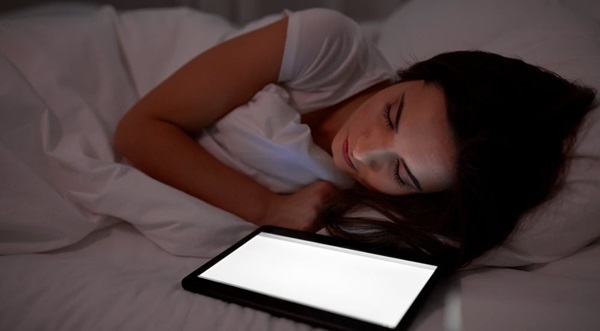
Enable Night Mode or Blue Light Filters: Many devices and apps offer night mode or blue light filter settings that reduce the amount of blue light emitted by the screen. Enable these features in the evening to minimize the impact of blue light on your sleep-wake cycle.
Set a Relaxing Bedtime Routine: Develop a consistent bedtime routine that helps signal to your body that it’s time to wind down and prepare for sleep. This may include activities such as reading a book, taking a warm bath, practicing relaxation techniques like deep breathing or meditation, or listening to calming music.
Set Device-Free Zones and Times: Establish specific times and areas where electronic devices are not allowed, such as during meals, family time, or social gatherings. This helps create boundaries around technology use and encourages more face-to-face interaction and relaxation.
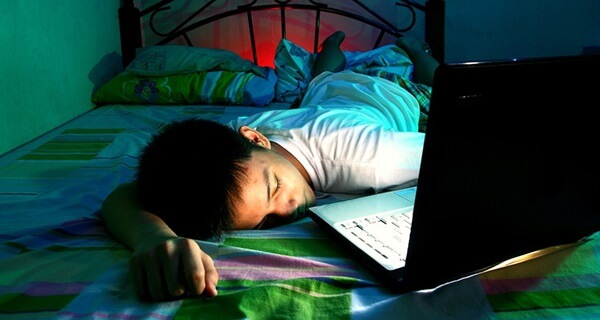
Prioritize Sleep Hygiene: In addition to minimizing technology use before bedtime, prioritize other aspects of sleep hygiene, such as maintaining a consistent sleep schedule, creating a comfortable sleep environment (cool, dark, and quiet), and avoiding stimulants like caffeine and nicotine close to bedtime.
Frequently Asked Question
Is it necessary to completely disconnect from technology before bedtime?
While completely disconnecting from technology before bedtime may not be feasible for everyone, it’s beneficial to limit screen time and engage in relaxing activities that promote better sleep.
Can technology also help improve sleep?
Yes, technology can also help improve sleep. Wearable devices and smartphone apps can track sleep duration, quality, and patterns, providing valuable insights for optimizing sleep hygiene.
You may also like to read: The Impact of Noise on Sleep: Creating a Quiet Sleep Environment for Peaceful Rest
